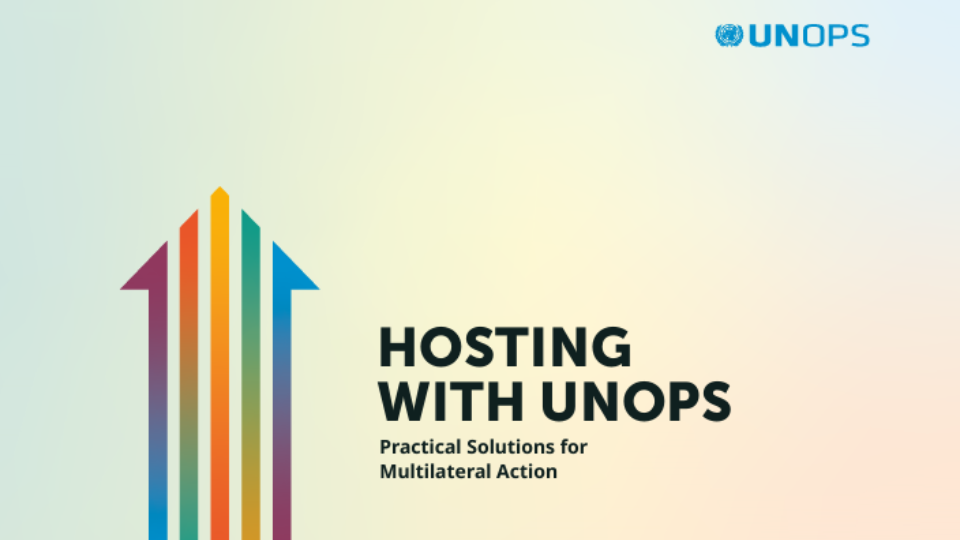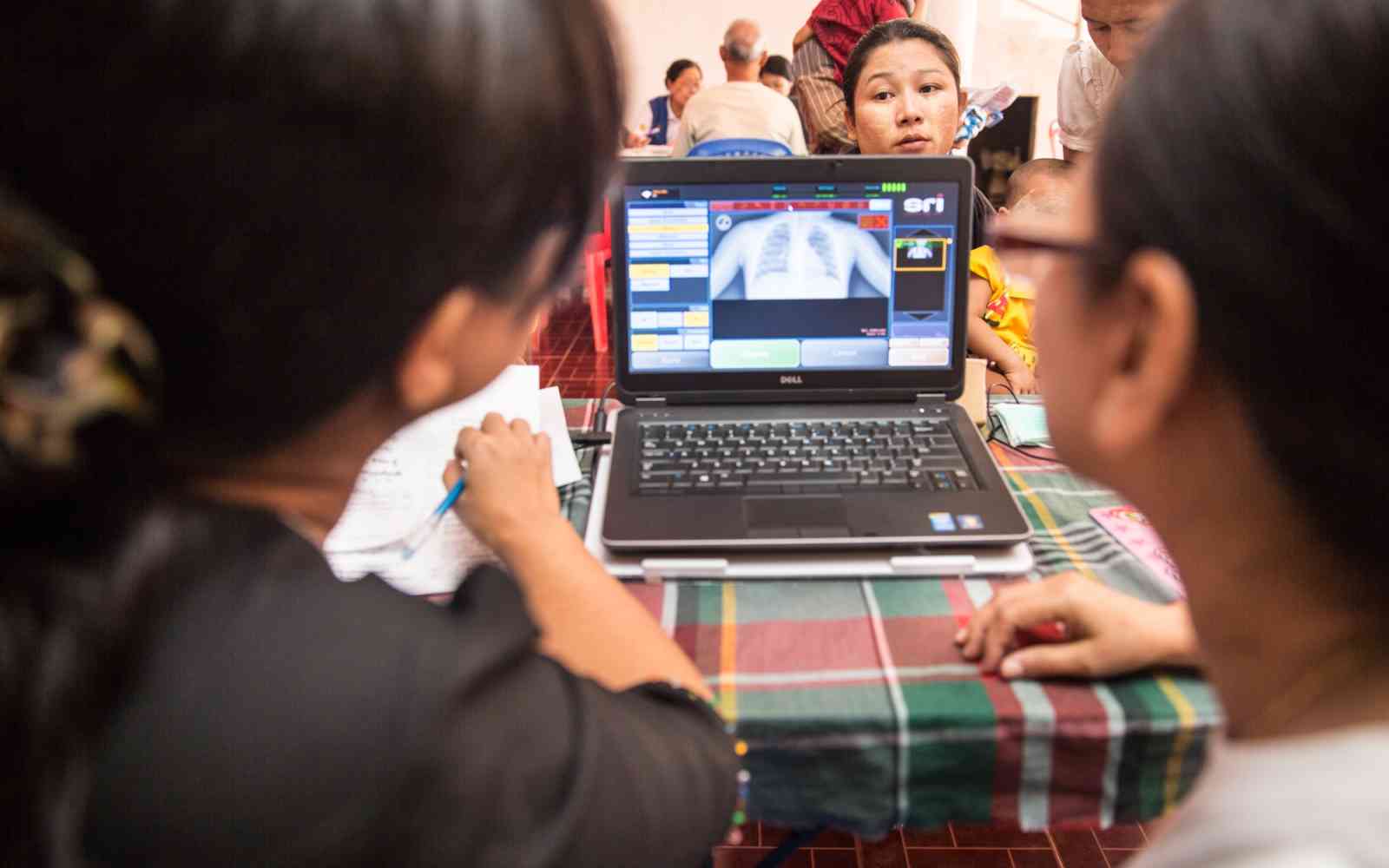The United Nations Office for Project Services (UNOPS)
A Q&A with Michael Adekunle Charles on how UNOPS supports the RBM Partnership’s global mission to end malaria

We spoke with Michael Adekunle Charles, CEO of the RBM Partnership to End Malaria, on how UNOPS provides the platform and tools that allow global health initiatives to focus on results and scale their impact.
Tackling global health challenges like malaria requires strong, coordinated partnerships. Despite decades of progress, malaria still affects millions, especially in the world’s most vulnerable communities. Combatting it demands a united global response.
The RBM Partnership to End Malaria brings together more than 500 partners – including governments, civil society, researchers and multilateral organizations – with one shared goal: to reduce the burden of malaria and end it for good.
Michael Adekunle Charles joined UNOPS Insights to share how UNOPS plays a vital role in enabling this work.
How does UNOPS help you deliver on your core mission?
UNOPS creates the needed platform for us to focus on our mandate. UNOPS helps us with HR issues, UNOPS helps us with procurement, with financing, with ensuring accountability and transparency. So, UNOPS has taken all that away from us and we focus on our mandate in terms of ensuring that we can save lives, ensuring that we can have strategic engagement, and really ensuring that we can continue to support countries to lead from the front.
What difference does our partnership make in reaching people?
The tangible difference is that UNOPS has the foundation. UNOPS has the platform, UNOPS has the connections, UNOPS has the partnerships. We have the facilities that UNOPS has. We have it here from an RBM Partnership perspective. If I go to Nairobi, if I go to Addis Ababa, if I go to Bangkok, we all have the facilities that UNOPS has. We have the connections and we can really plug into what they're doing and the foundations that they've laid. So, from a hosted entity perspective, it really takes away the burden of trying to engage, trying to look for new partnerships. We're really just focused on our mandate and UNOPS does the rest.
UNOPS creates the needed platform for us to focus on our mandate. UNOPS helps us with HR issues, UNOPS helps us with procurement, with financing, with ensuring accountability and transparency.
Why did you choose UNOPS?
We chose UNOPS for various reasons. As I said, they have the credibility, but most importantly, they provide a neutral platform for us to be able to engage. They are flexible, they are agile, and they have the procedures and mechanisms in place for us to thrive. So, for hosted entities, we're really privileged to be hosted by UNOPS because again of the reach. And based on that, then we are able to really focus on our mandate, which is saving lives and really making sure that we create the platform needed for countries to thrive.
Why is multilateral action important now more than ever?
Multilateral action is so important because we've seen from the past and we're seeing it today, no one single entity can do it alone. We need partnerships, we need to come together, we need multilateralism. Because we all have our comparative advantage and really supporting countries, making sure that countries can thrive, is really done from a multilateral perspective. So, we are quite grateful that UNOPS can provide that platform, but more importantly, let us continue to advocate for multilateralism because that is the way to go.
Michael Adekunle Charles
Michael Adekunle Charles is the Chief Executive Officer of the RBM Partnership to End Malaria. He leads a global platform of more than 500 partners working to reduce malaria’s impact and achieve its eradication. His leadership focuses on collective action, collaboration and ensuring communities have the tools they need to thrive.












